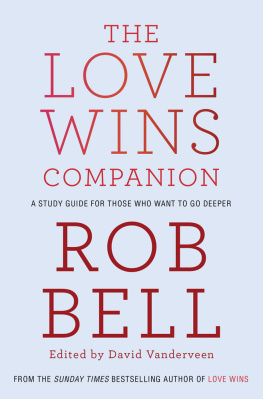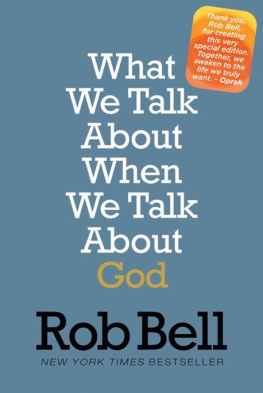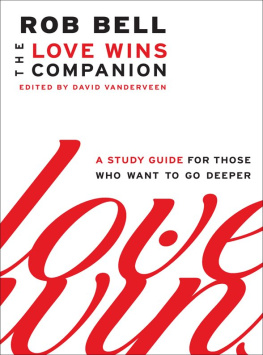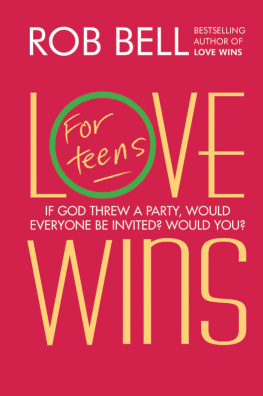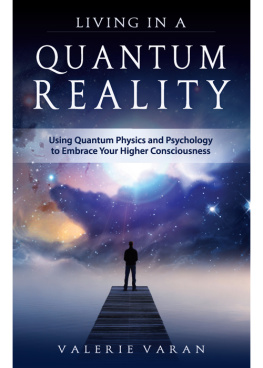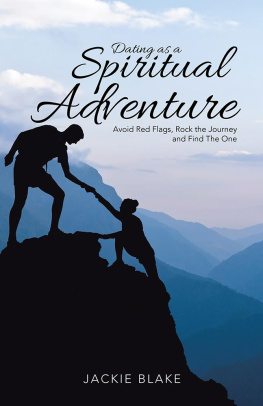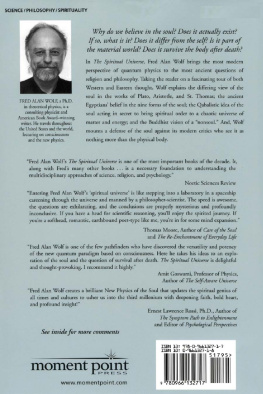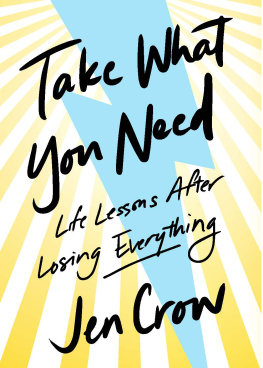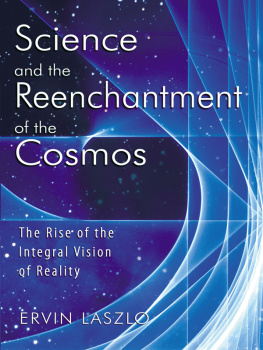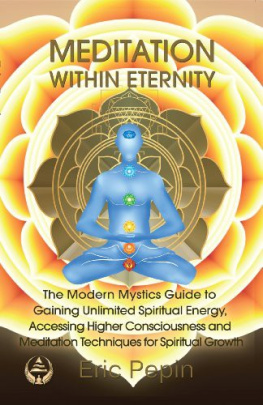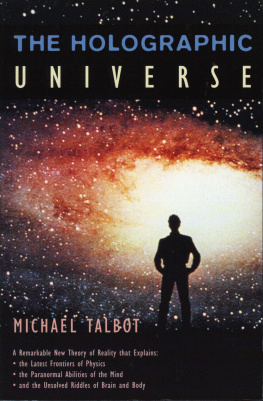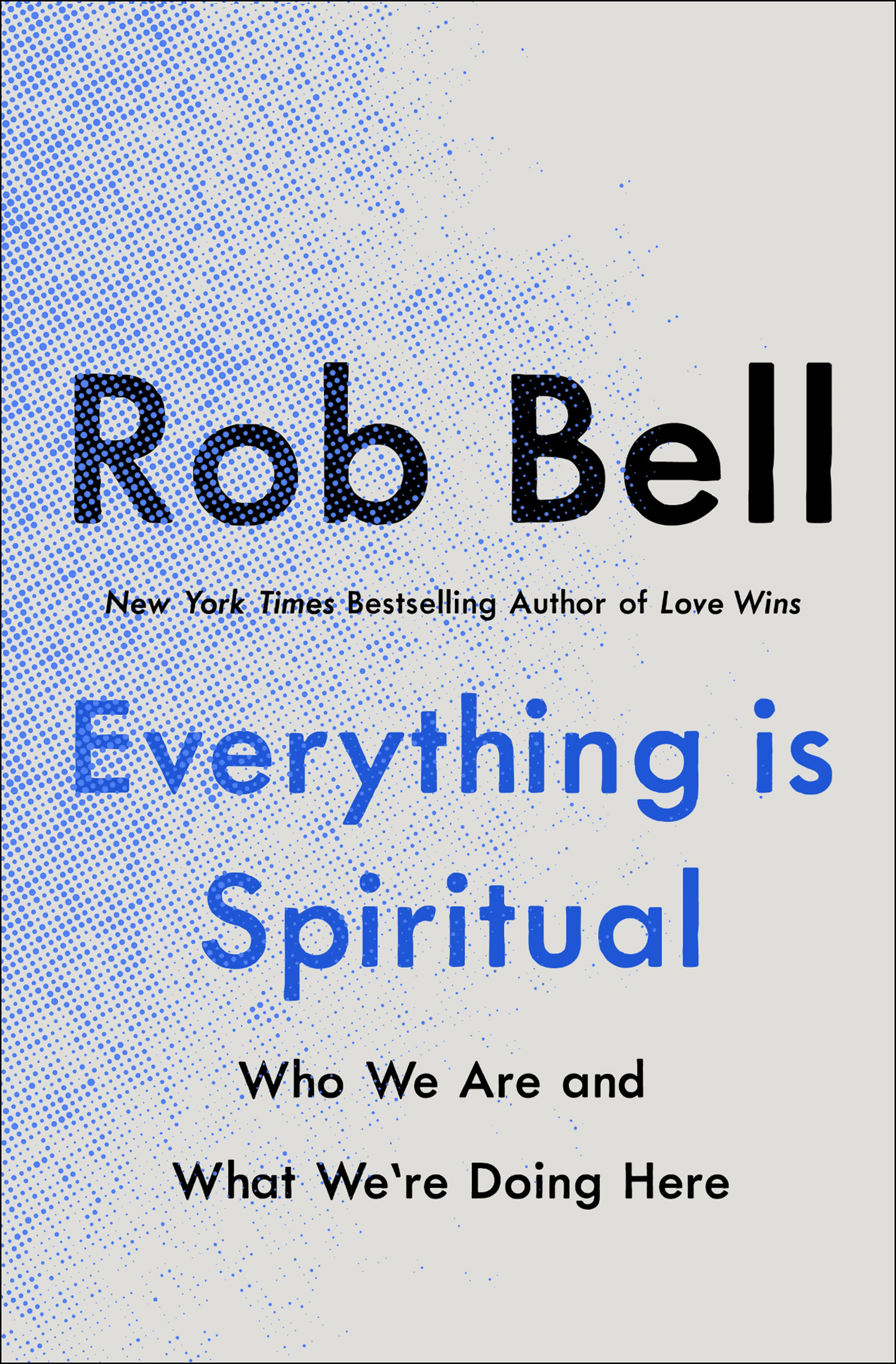Contents
Guide
Pagebreaks of the print version
The author and publisher have provided this e-book to you for your personal use only. You may not make this e-book publicly available in any way.
Copyright infringement is against the law. If you believe the copy of this e-book you are reading infringes on the authors copyright, please notify the publisher at: us.macmillanusa.com/piracy. Think of the big moves you have already made, from a single cell to a human being. Stay light-footed, and keep moving. Rumi
My grandma kept cash in her bra. Id ask her for a twenty, and shed reach in there, pull out a wad, and say,
Will a ten and two fives do? When I was in high school in the mid-80s I used to visit her on her farm.
We lived in Okemos, a suburb of Lansing, the state capital in the center of Michigan. Id drive our Oldsmobile out into the country to her old brick farmhouse, which was surrounded by barns and pastures and fields. Id park in the driveway and then her dog, Gunner, would circle the car, peeing on all four tires. Shed often make dinner, and then afterward wed sit on her porch in white wicker chairs. I remember the wind, how it would blow across the fields and in among the barns and move the chimes hanging from the eaves on that porch. Sometimes wed talk, other times wed sit for long periods in silence.
I was in that tenuous space between being a boy and being a man, trying to sort out who I was and where I was headed, surrounded by all the dramas and insanities of high school. Everything around me was ranked. There were the best students and the best athletes and the coolest kids who got invited to all the right parties. Everywhere I turned there was someone better. Someone smarter, faster, more tuned in to those ambiguous codes that sort out who gets it and who doesnt. I lived with this perpetual ache that I was a half step behind, haunted by those questions: Do I have what it takes?Will I ever find my place?Am I good enough? But then Id sit there in one of those wicker chairs and those questions would temporarily fade away, and Id listen to that wind, and in those moments in that place everything was all was right even if it wasnt.
I experienced a wordlessness there on that porch, a sublime state of grace in which the presence of another communicates a world of truth without any sentences or statements. Sometimes my grandma would tell me about the great love of her life, her first husband, Preston, my dads father. Preston served on an aircraft carrier in the Pacific Ocean in World War II. The day he came home from the war he walked in the house, greeted his family, dropped off his bags, and then left the house to find a job, which he went to first thing the next morning. The stories she told about Preston were like that onefull of action and purpose. This wasnt a man who sat around waiting for things to happen.
Hed gotten cancer during the war, and he died when he was thirty-four. According to my dad no one told him and his brother, Douglas, about the seriousness of their dads illness. One day my dads uncle came by and told him he had to take him somewhere. My dad got in the back seat of his uncles car, saw his cousin sitting there, and asked, Where are we going? His cousin replied, Your dad died. Were going to the funeral home. When they arrived at the funeral home, my dad was told that he wasnt allowed to cry because they were happy that his dad was now in heaven. My dad was eight at the time, his brother, Douglas, was six.
When my dad was seventeen, he and his brother were involved in an accident. Douglas was critically injured, and an ambulance came to get him. My grandma got in the ambulance with him as it left for the hospital, leaving my dad at the scene. The next morning he learned that his brother had died, and then at the funeral he was told, You arent going to shed any tears, because were happy that Douglas is in heaven. My grandmas name was Eileen, my dads name is Rob, and from an early age I could feel the history between them. Love, yes. Loyalty, absolutely.
But also a certain lingering melancholy, a muted grief hovering in the air between them. They didnt come from a culture where you talk about your pain, the dominant messages they picked up were more along the lines of Be goodKeep movingFollow the rules and Trust that this is all some sort of divine plan. So they did. Theyd experienced unspeakable loss, together, and it had bonded them to each other, but it was a bond forever tinged with loss. I picked up on all that muted grief floating in the air between my grandma and dad, and from an early age I just wanted to make them laugh. Thats what I remember. I made her laugh.
I made him laugh. If I could get them laughing so hard they were in tears, I knew Id done something. Eileen eventually remarried, around the time my parents married. Her new husband was a farmer. He was a good man, but not really there. Hed checked out a long time ago.
Eileen and I would sit on that porch and listen to the wind while he sat in his chair in the house and watched television. There she was, way out on that farm, with a man who spent most of his days in that chair. And then Id show up, bursting in with all my angst and ache and curiosity and laughs. Into that quiet farmhouse. Into that lifeless marriage. I see what was going on there, what we were to each other.
She wasnt an effusive person, but I knew she believed in me. I needed that. She didnt go on about it. It was a quiet conviction. But I knew. And then when I was twenty-one I was teaching water-skiing at a camp in northern Wisconsin.
On Sunday mornings, they held a chapel service outdoors in a grove of pine trees for everybody who worked at the camp. One week the people who ran the camp asked if anyone wanted to give the talk that coming Sunday. I volunteered. This wasnt something Id ever done before. Messages, sermons, teachings, spiritual talksthere are a number of different words for itthat was all new to me. You stand up in front of a group of people and you say something helpful or inspiring or profound about God and life and death and how to live? How does a person do that? Where do you even start? And yet something within me was curious: What would it be like to try that? And then Sunday came.
I wore a maroon shirt with swordfish printed all over it and Birkenstock sandals. As soon as I walked up in front of those people sitting on those benches made of logs, I took off my sandals before I started talking because I had this sense that the ground had shifted beneath my feet and I was on sacred ground and my life was never going to be the same again. It was that clear. It was terrifying and thrilling, and it felt like coming home. And I loved it. Immediately.
Like everything in my life up to that moment had been leading to this. I had heard people give messages and teachings and sermons over the years. I usually didnt find them that compelling. But this, this SPIRITUAL TALK THING I had stumbled intothis was part guerrilla theater and part performance art and part recovery meeting and part poetry and part subversive rhetoric. I was captivated. This is what Im going to do with my life, I decided.
Several years after that, my grandma and I ended up living near each other, and we started having lunch together every Friday. We did that for the last ten years of her life. She was there when I started my first job as a pastor, listening to me give those first talks. I was driven to explore this art form and take it places it hadnt been before, and I threw myself into it, with her somewhere in the audience. She witnessed so many of those early bombs. All those frenetic bursts and flying attempts at inspiring people.




